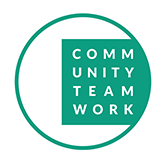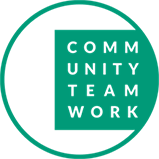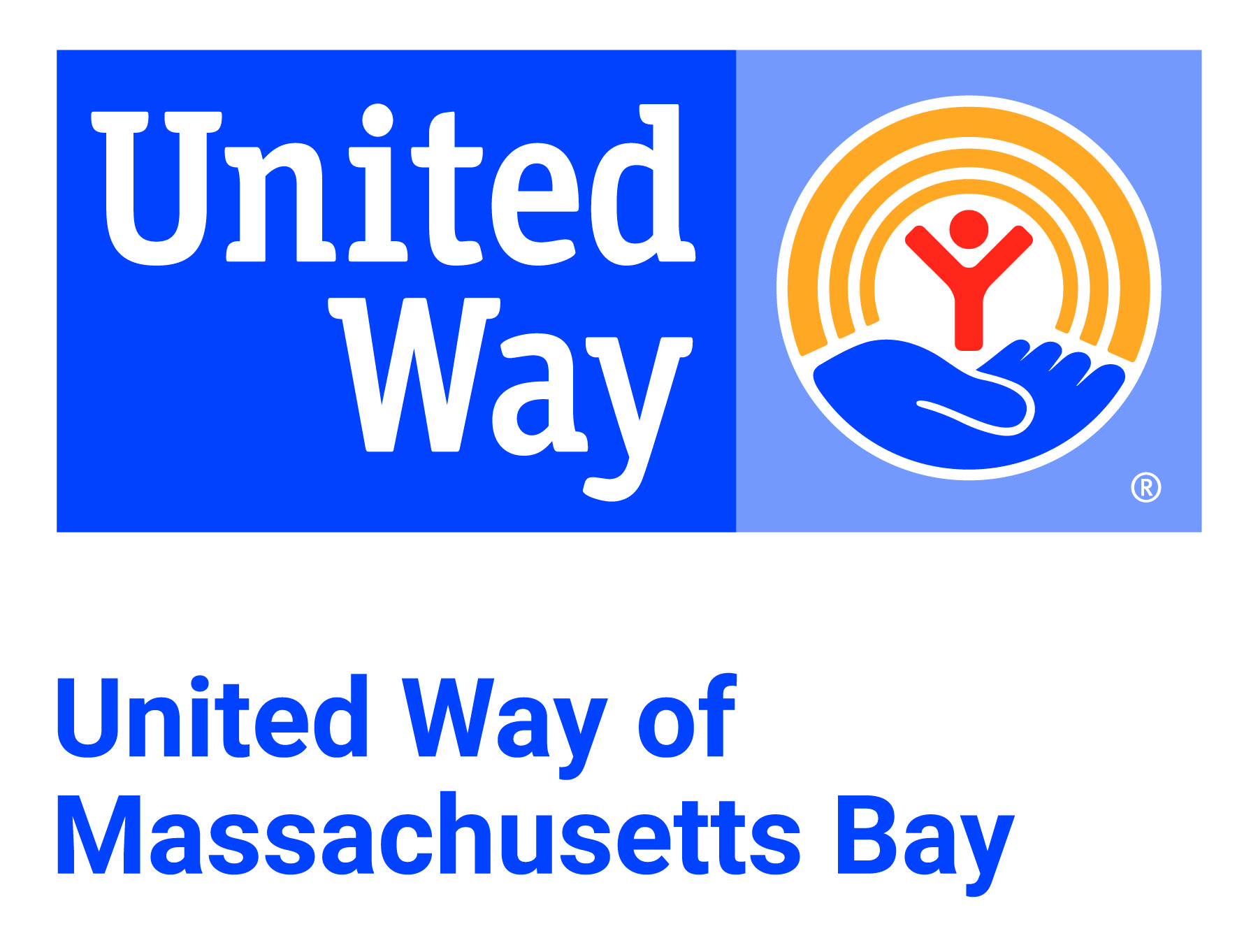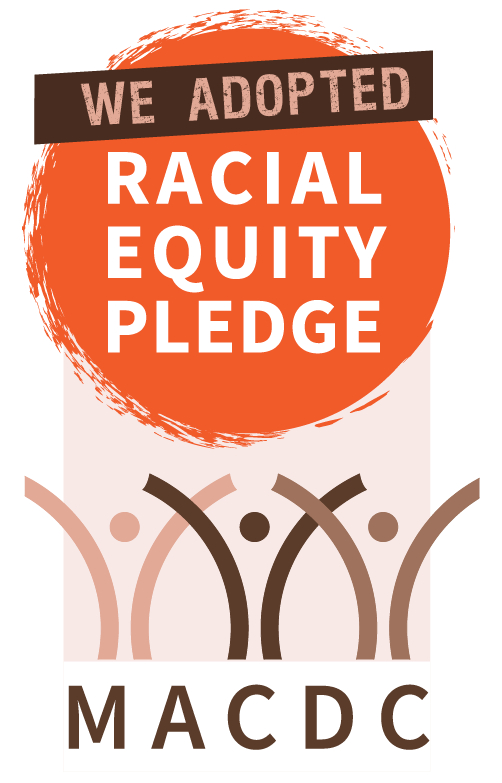
Equity for Early Education, Out of School Time (OST) Teachers, and Programs
While public school systems have returned to classrooms mostly in hybrid or remote models, early education programs were allowed to open in July and, if subsidized by the Commonwealth of Massachusetts, were required to open by the end of July to be eligible for continued payment to care for and educate the State’s most at-risk, low-income children. This allows working parents who have no option of remote work to continue to provide for their families and support our local economy.
On July 8, Community Teamwork opened our doors and safely phased in up to 50% of our previous enrollment by the end of July. Recently, we were informed by the Department of Early Education and Care (EEC) that we could increase our classroom group size to 100% capacity, from 10 to 20 children if space allows. We have seen no data or public health information which supports this increase. With the benefit of only one month of reopening data, flu season on the way, and a projected spike of Covid-19 virus cases sometime in the Fall, we feel this is premature and dangerous to our staff, children and their families – especially as schools in gateway cities are determining that completely remote or less than 50% of enrollment is the safe option.
Looking at this new guidance with a racial equity lens is even more disturbing. Our staff represent our population. They are a majority people of color who are already hit harder by this virus, as are our students and their families. The Commonwealth of Massachusetts and the Federal Government, who subsidize our programs for low-income and at-risk children and families, have a responsibility to assist us in ensuring the safety and sustainability of our programs. Children who are learning remotely need access to child care where they can be safe and supervised in the learning process. Without our high-quality early education and care programs, the achievement gap will continue to grow.
Parents, businesses and our economy need us. We have long talked about the important role of early education and child care in children’s academic success, and we have long recognized the role child care plays in the economy. Parents cannot work without safe, affordable, high quality programs. Many essential workers and single parents working in nursing homes, hospitals, supermarkets, restaurants shelters, group homes and child care centers are low-wage workers who depend on state and federally funded subsidized programs to care for and educate their children. The subsidized system of the Massachusetts Dept. of Early Education and Care was fragile prior to Covid, with state rates as much as 30% lower than private rates. Across the state, our programs are currently looking at when to close down classrooms, lay off staff and even close entire centers. Stable, adequate funding must be made available so that our programs are still here when it safe to reopen to capacity. This is a critical time which will determine the future of our field and parents’ access to affordable, quality education and care for their infants through school age children.
To continue to operate safely and to begin to think about expansion to meet the need, rapid COVID-19 testing for staff, children, and their families must be available in all areas of the State to programs serving infants through school age children in the Commonwealth.
Improving educational outcomes for children and achieving racial equity in our Communities starts with quality early education and school age programs. And, supporting families working hard at essential jobs to provide food, housing and opportunity to their families is essential to our economy.
Our Early Educators and OST educators are-paid a fraction of public school salaries and are significantly women of color. They continue to work on the front lines with children each day as parents seek high-quality early education and OST programming for their children. We request that the Commonwealth provide $70 million to raise salaries and recognize the commitment of our underpaid early learning and OST staff who are working on the front lines of the pandemic. We also call on the Commonwealth and Federal Government to adequately and stably fund Early Education Programs and to provide essential resources such as testing to ensure their future existence and to ensure our economy can fully recover.
Sincerely,

Karen Frederick, CEO

Meghan Adams Siembor
Division Director, Child and Family Services

















